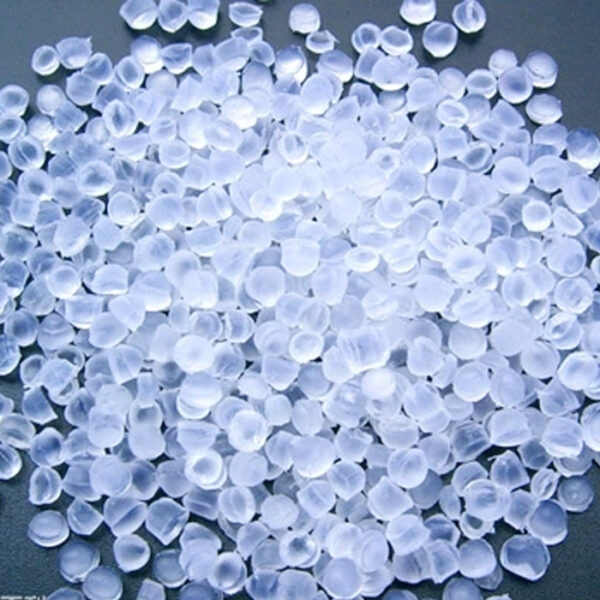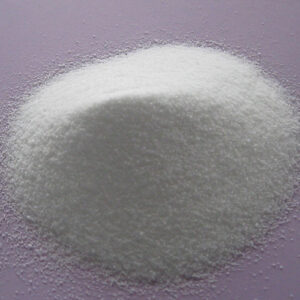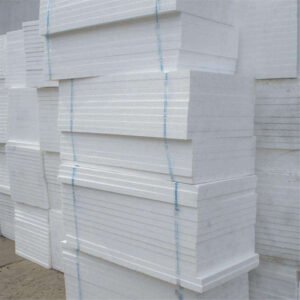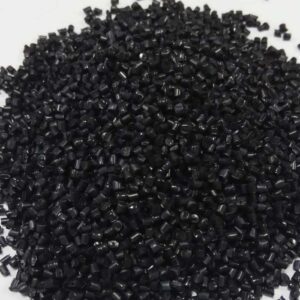PVC
Description
Performance:
PVC has the advantages of flame resistance (flame resistance value above 40), high chemical resistance (strong hydrochloric acid, sulfuric acid, 60% nitrate and sodium hydroxide of 20%), good mechanical strength and electrical insulation.
PVC has poor stability to light and heat. It has stable physical and chemical properties, insoluble in water, alcohol, gasoline, gas, water vapor leakage; can withstand any concentration of hydrochloric acid at normal temperature, hydrochloric acid below 90%, 50-60% nitric acid and below 20% caustic soda solution, has a certain chemical resistance to chemical corrosion; quite stable to salt, but can dissolve in organic solvents such as ether, ketone, chloride fatty hydrocarbons and aromatic hydrocarbons. The biggest feature of PVC is flame retardant and is widely used in fire prevention applications.The density of pure PVC is 1.4g/cm3, which is generally 1.15-2.00g/cm3.Hard PVC has good tensile, bending, compression and impact resistance, and can be used separately as structural materials.
PVC has good electrical insulation performance, can be low-frequency insulation material, its chemical stability. Due to the poor thermal stability of PVC, long heating will lead to decomposition, release HCL gas and discolor PVC, so its narrow application range, the use temperature is generally between-15~55 ℃.The softness, fracture elongation and cold resistance of soft PVC will increase, but the fragility, hardness and tensile strength will decrease.






Reviews
There are no reviews yet.